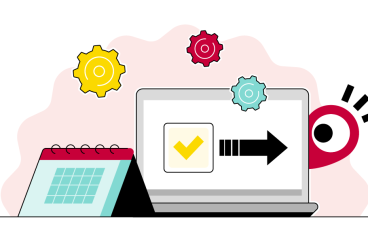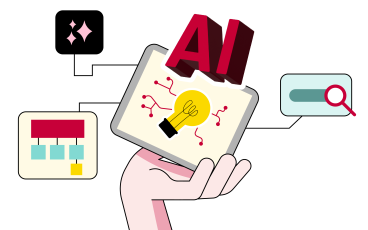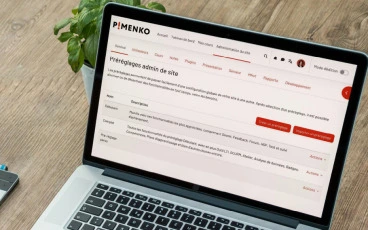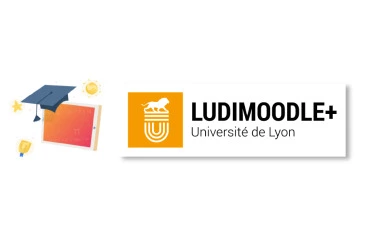Équipe Pimenko

How long does it take to deploy an LMS platform like Moodle?
Deploying an LMS platform can take from a few days to several months, generally between 2 and 12 months depending on the complexity of the project. This comprehensive guide explores the factors influencing deployment times, the key stages in the process, and the benefits of open source solutions like Moodle. Find out how to optimize your set-up time, common challenges and current best practices. Whether you're a university, a company or a training organization, here you'll find all the information you need to effectively plan your LMS project. Discover
How AI is reshaping the training landscape: impacts and prospects
AI is revolutionizing the world of training, offering personalization, accessibility and automation. Discover the innovations already in place, the prospects for the future and the ethical challenges involved in integrating AI into learning. Pimenko explores the potential of AI for a more humane and effective training future. Discover
Articulate Storyline vs Genially: which tool should you choose for your e-learning projects?
Articulate Storyline and Genially: two powerful tools for creating e-learning content. This article explores their advantages and limitations, and helps you choose the best solution for your projects. Discover case studies and the importance of pedagogical engineering for successful online training. Discover
LMS & healthcare platform security: the advantages of open source and Moodle
In the healthcare sector, data security is paramount. Discover how Open Source LMS platforms, thanks to their transparency and customizability, offer enhanced security for online training. Explore the protocols, best practices and benefits of Open Source for a safe learning environment compliant with healthcare safety requirements Discover
Enrich your e-learning courses with expert videos and testimonials
Expert videos and testimonials enrich online training, making it more engaging and effective. Pimenko guides you in the creation of quality video content, from the selection of contributors to shooting and post-production. Discover how video can transform your online training courses into learning experiences. Discover
Towards sustainable e-learning: Pimenko and its path to a reduced carbon footprint
Pimenko is committed to sustainable and responsible e-learning by reducing its carbon footprint. Find out more about our carbon footprint with Corpokarma, our digital responsibility initiatives and our concrete actions for a greener future. Together, let's build a more environmentally-friendly e-learning system. Discover
Pimenko contributes to the development of Moodle’s core: a strong commitment to Open Source and digital accessibility
Discover how Pimenko contributes to the development of Moodle's core by integrating its AdminPreset plugin for improved accessibility and an optimal user experience. Go behind the scenes of this ambitious open source project, from collaboration with MoodleHQ to development and testing. A concrete example of Pimenko's commitment to responsible digital technology accessible to all. Discover
Ludimoodle +: adaptive gamification to improve learner motivation and performance
Ludimoodle+, an innovative project supported by the University of Lyon and Pimenko, uses adaptive gamification to improve academic success. Discover this Moodle course format that offers game elements adapted to students' preferences. Explore the objectives, features and impact of Ludimoodle+ on learner motivation and performance. Discover
Educational engineer: indispensable!
The pedagogical engineer is essential to the creation of effective online training courses. It's not just a matter of filming an expert, but of designing an engaging and relevant learning experience. Discover why pedagogical engineering is essential to transform knowledge into learning material that captivates participants and achieves its objectives. Discover